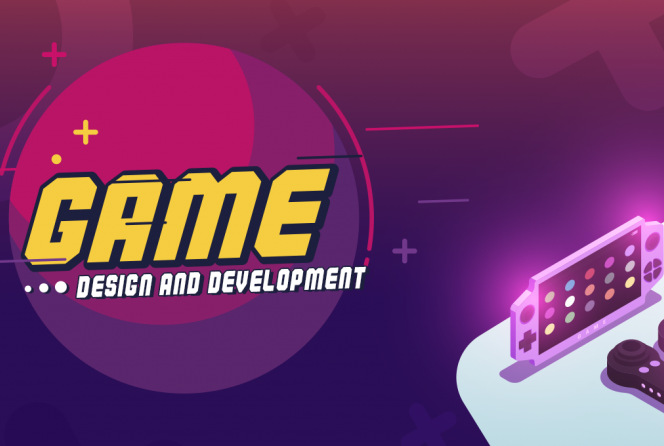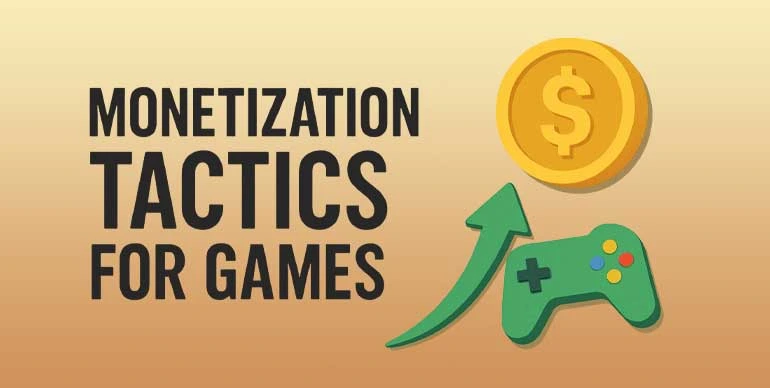When creating a game, game app developers analyze player behavior to improve their interactive scenarios, by identifying what works and what doesn't for the players in a game. This is done to refine the game design and create a more enjoyable experience for their audience. What better way to explain this than to give you a suitable example of one of the most popular games, Candy Crush? Back in the day, there came a time when most players seemed to be dropping off the game at level 65. The makers of Candy Crush used analytics to understand and come up with a solution for why this was happening. They used data to determine the issue and isolated and eliminated the gameplay element causing the users to quit. Analytics helped them overcome the problem and improve the player retention rates of the game.
Big data, as we know it today, has evolved from its humble beginnings of database management. It is revolutionizing all businesses, including the gaming industry. It has led to an increase in the demand for other sophisticated technology, advanced devices, and improved infrastructure.
At our gaming outsourcing studio, we like to make decisions that are data-driven and we aim to harness the potential of game data analytics to shape the market, our products, and business strategies. In our game project’s best interest, we vouch for gaming insights related to players’ behavior, preferences, and feedback, as these aspects help us design better games for the audience.
How We Use Analytics To Optimize Games?
There are higher odds of a game being successful with analytics than a game that has been created following traditional practices. Mentioned below are reasons for how and why to use analytics for game development.
Balance is key
Over the years, game developers have understood that finding the right balance between the level of difficulty of a game and the skill of the player is crucial. For instance, if a game becomes too easy or too difficult too quickly, it affects whether the player continues playing or not. Analytics has helped our team track a player's progress and pinpoint frustrating levels or game mechanics that may cause them to stop playing. It also helps monitor how players are acquiring and using in-game resources, so we can identify any issues with resource distribution. For multiplayer games, analytics allows our game designers and developers to evaluate performance in different regions and adjust server loads to ensure smooth gameplay for all users. Additionally, we have also been using game data analytics to assess the effectiveness of game updates by conducting A/B testing.
Choose Video Game Analytics Metrics Wisely
During the development process, Video Game Analytics Metrics can be used to measure the performance of games. We choose the most relevant, reliable, and actionable metrics depending on the goal we want to achieve and that reflects the performance and outcomes of our game. In the case where we want to increase player engagement, we consider using metrics such as session length, frequency, and retention and when our focus is on improving player satisfaction, we choose to work around metrics such as ratings, reviews, and feedback.
Set a Goal and Collect Your Data
As a way to create a successful game, it is important for game developers to set clear and specific goals that align with the client’s overall vision and strategy. Keeping that in mind, companies collect data from various sources such as analytics platforms, in-game events, surveys, interviews, social media, and app stores to measure our goals and achieve them. We make sure that the data we collect is accurate and comprehensive and is gathered through a process that follows ethical and legal standards.
Data Analysis and Change Implementation
A variety of game analytics tools and methods are available to convert data into actionable insights. Some popular techniques we follow include descriptive, inferential, and predictive analytics methods. These allow us to summarize, explain, and make estimates. Visualization tools like spreadsheets, charts, graphs, and dashboards help us communicate our findings. Once we've analyzed our data, based on our observations, we implement changes to our game such as modifying mechanics, content, and other features. Lastly, we monitor and evaluate the end result of the changes to identify the level of optimization and improvement in the game.
We Use Video Game Analytics for Every Game Project
Game Analytics can potentially make far-reaching changes in the development of a game. It helps us -
1. Understand the audience’s behavior
2. Optimize game performance
3. Increase player retention
4. Create more personalized content
5. Model complex gaming systems
6. Advanced audio editing capabilities
7. Develop more realistic interactions with Non-Player Characters (NPCs)
8. Design better levels
9. Increase player engagement
Hence, Data analytics is an indispensable technology and our team of game developers at Logic Simplified follows the best practices to create optimized games, using timely and accurate analytics. We use our game intelligence to make fun, engaging, and challenging games that players are hooked to. Choose us for your next gaming project and allow us to prove all the things we said. Contact us at enquiry@logicsimplified.com
 Get a Quote
Get a Quote





